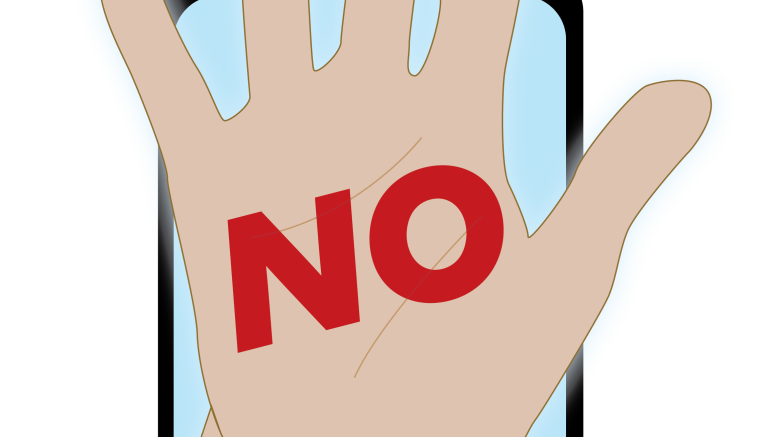Following the reinstating of Arij Al Khafagi after almost two months of suspension, it is clear that there needs to be more focused conversations on the political identity of students and censorship in academic institutions.
Al Khafagi was suspended for sharing an Instagram post that depicted a cartoon comparing an IDF soldier to a Nazi with the caption “the irony of becoming what you once hated.” This was deemed antisemitic by the university. She was also removed from the Nursing Students’ Association council, and a motion that she brought to the UMSU board of directors meeting on Dec. 14 requesting that the union release a statement affirming students’ rights to freedom of expression was ruled out of order.
The importance of freedom to express political opinions in an academic environment cannot be overstated.
However, that also launches us into inevitably talking about the conservative talking point of 2017 — free speech versus safe spaces. This was also the only year Jordan Peterson probably ever produced a coherent argument, of course while being hateful and obtuse.
Half an hour spent on the Matt Walsh and Ben Shapiro side of the internet is enough to inform anyone about the right wing’s obsession with free speech that often masks hate speech.
The argument that higher education institutions are largely left-leaning and, hence, hostile to conservative voices is not new. The Macdonald-Laurier Institute, a non-partisan thinktank, conducted a statistical survey which suggested that, largely, this point was true. So, enforcing absolute free speech, for the advocates, becomes an outlet to further the systemic inequalities imposed on the marginalized in academic settings.
Those in favour of free speech do not represent a population that faces discrimination due to various sociopolitical reasons. Instead, they are upset that they cannot share sexist, homophobic, classist, antisemitic, Islamophobic, transphobic and racist views without being held accountable.
The irony that free speech might not hold the same meaning for different people in society because of the power imbalance caused by the imperialist, racist history of this country is not lost on me either. Universities are purported to have a left-leaning bias, and yet Al Khafagi was suspended.
U of M should not have encroached on Al Khafagi’s freedom of speech by punishing her, arguing her social media post was antisemitic when it wasn’t. The reinstatement should make us think about what matters in the face of an ongoing conflict to the university — the mental and physical well-being of our students, or appeasing the national interests of the country?
Peterson, following right-leaning-free-speech pundits, was also up in arms against safe spaces on campuses. Safe spaces are spaces — not necessarily physical — that centre the mental and physical well-being of the marginalized. In a class where the topic of discussion is racism and the history of Canadian imperialism, it is only natural that those who are the victims of these systems are respected at all times. So many of our friends and colleagues have been affected by the conflict in Gaza. Therefore, we must create safe spaces for discussing it inside and outside the campus.
It is my opinion and experience that the U of M generally provides a healthy space for political discussion and encourages political literacy on campus. This is vital to the existence of any educational institution. In the face of active political turmoil, an institution cannot and should not remain politically neutral, and neither can people associate with it.
Academic freedom and safe spaces encourage political discussions and are essential for any educational institution. These spaces promote the asking of uncomfortable questions and the responsible handling of evidence when discussing history. Due to shared academic freedom, all stakeholders of the institution — including administrative staff, faculty and students — have the responsibility to listen and speak carefully.


